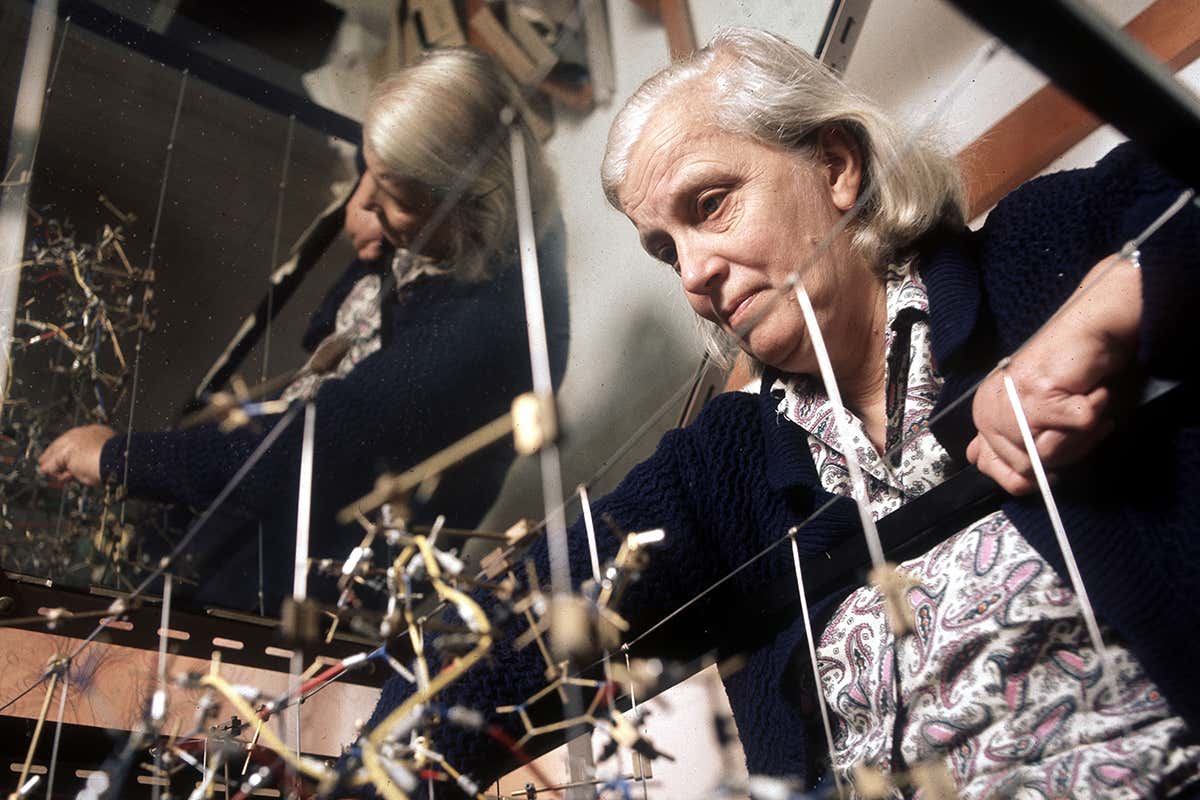
Today is the International Day of Women and Girls in Science. Here are just some of the women who have shaped the way we understand our planet, the universe and everything in it.
#womeninscience #womeninSTEM
#InternationalDayofWomenandGirlsinScience
#womeninscience #womeninSTEM
#InternationalDayofWomenandGirlsinScience
Research behind the Oxford/AstraZeneca covid-19 vaccine was led by Sarah Gilbert, alongside a team including Teresa Lambe, who helped design the vaccine’s genetic code, and Catherine Green who helped manufacture the first batches of vaccine used in trials.
newscientist.com/article/228300…
newscientist.com/article/228300…
Katherine Johnson was a NASA mathematician whose calculations helped the US get an astronaut into orbit for the first time. She also played a crucial role in calculations for the first moon landing.
newscientist.com/people/katheri…
newscientist.com/people/katheri…
African American chemist Alice Ball is famous for developing the Ball Method, a technique that used chaulmoogra oil to treat leprosy until the 1940s. Ball was not credited for the discovery in her lifetime.
newscientist.com/people/alice-b…
newscientist.com/people/alice-b…
A mathematical genius, Ada Lovelace wrote the first computer program, published in 1843, and was said to understand the potential of the first computer blueprints better than their inventor, Charles Babbage.
newscientist.com/people/ada-lov…
newscientist.com/people/ada-lov…
Dorothy Hodgkin was a British chemist who won the Nobel prize in chemistry in 1964 for her pioneering work in protein crystallography, revealing how life functions at a fundamental level.
newscientist.com/people/dorothy…
newscientist.com/people/dorothy…

In the 1950s, physicist Chien-Shiung Wu made a key discovery about how a fundamental symmetry of the particle world, known as parity symmetry, could be broken under certain circumstances – but she never got full recognition for the achievement.
newscientist.com/people/chien-s…
newscientist.com/people/chien-s…
Rosalind Franklin helped discover the DNA double helix. Credit went to James Watson, Francis Crick and Maurice Wilkins, but Crick admitted in a letter that “the data which really helped us to obtain the structure was mainly obtained by Rosalind Franklin”.
newscientist.com/people/rosalin…
newscientist.com/people/rosalin…
US astronaut, doctor and engineer Mae Jemison became the first Black woman to go into space in 1992. She was one of seven crew aboard the Space Shuttle Endeavour on the STS-47 mission.
newscientist.com/people/mae-jem…
newscientist.com/people/mae-jem…
• • •
Missing some Tweet in this thread? You can try to
force a refresh







